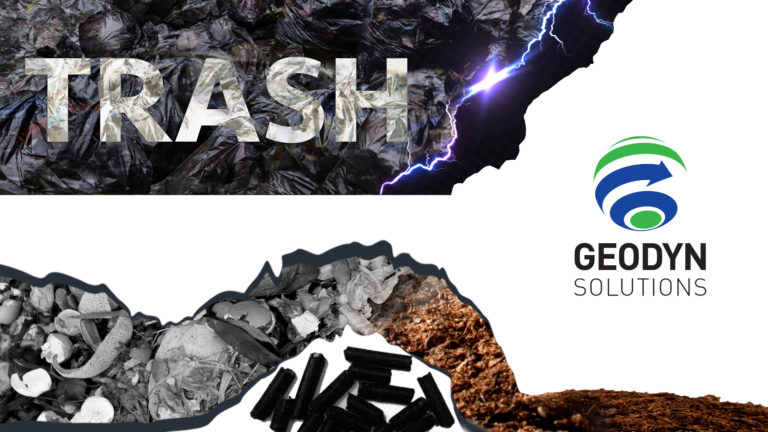In an era where sustainable solutions are increasingly necessary, the conversion of organic waste into energy presents an exciting opportunity. Transforming organic matter that would otherwise be discarded into a source of power not only reduces waste but also contributes to a greener, more sustainable future. Here’s a look at the most recent innovations in this field.
Anaerobic digestion continues to be one of the most promising technologies for transforming organic waste into energy. This biological process involves microorganisms breaking down organic materials in the absence of oxygen. The result is biogas, which can be used to generate heat and electricity. Recent advancements have improved the efficiency of this process, making it more cost-effective and expanding its applications.
Hydrothermal Liquefaction:
A newer technology, hydrothermal liquefaction, involves converting organic waste into bio-crude oil under high pressure and temperature. This process mimics the natural formation of crude oil but does so in a matter of hours instead of millions of years. A 2023 study published in the Journal of Cleaner Production demonstrated a significant increase in bio-crude oil yield using this method, making it a promising avenue for future exploration.
Geodyn solutions Pyrolysis, a process involving the decomposition of organic material at high temperatures in the absence of oxygen, produces biochar, bio-oil, and syngas. The latest developments focus on enhancing the efficiency of pyrolysis and improving the quality of the end products, particularly biochar and bio-oil, which have wide-ranging applications in energy production and agriculture.
Microbial fuel cells (MFCs) are a fascinating area of research. These cells use bacteria to convert organic waste into electricity directly. While this technology is not yet commercially viable due to its relatively low efficiency, research in 2023 from the University of California, Berkeley, has shown promise in significantly increasing the energy output of MFCs.
Co-digestion refers to the process of simultaneously processing multiple types of organic waste materials. This method has been shown to enhance the efficiency of waste-to-energy conversion by optimizing the mix of materials for the specific technologies being used. An innovative company named BioEnergy Solutions recently reported a 20% increase in biogas production using co-digestion techniques.
As we grapple with the dual challenges of waste management and sustainable energy production, the conversion of organic waste into energy is increasingly gaining attention. While this field is already delivering promising solutions, recent advancements in technologies like anaerobic digestion, hydrothermal liquefaction, pyrolysis, microbial fuel cells, and co-digestion point towards an even more sustainable and efficient future. By embracing these cutting-edge technologies, we can transform our waste into a treasure trove of energy, contributing significantly to a more sustainable world.

